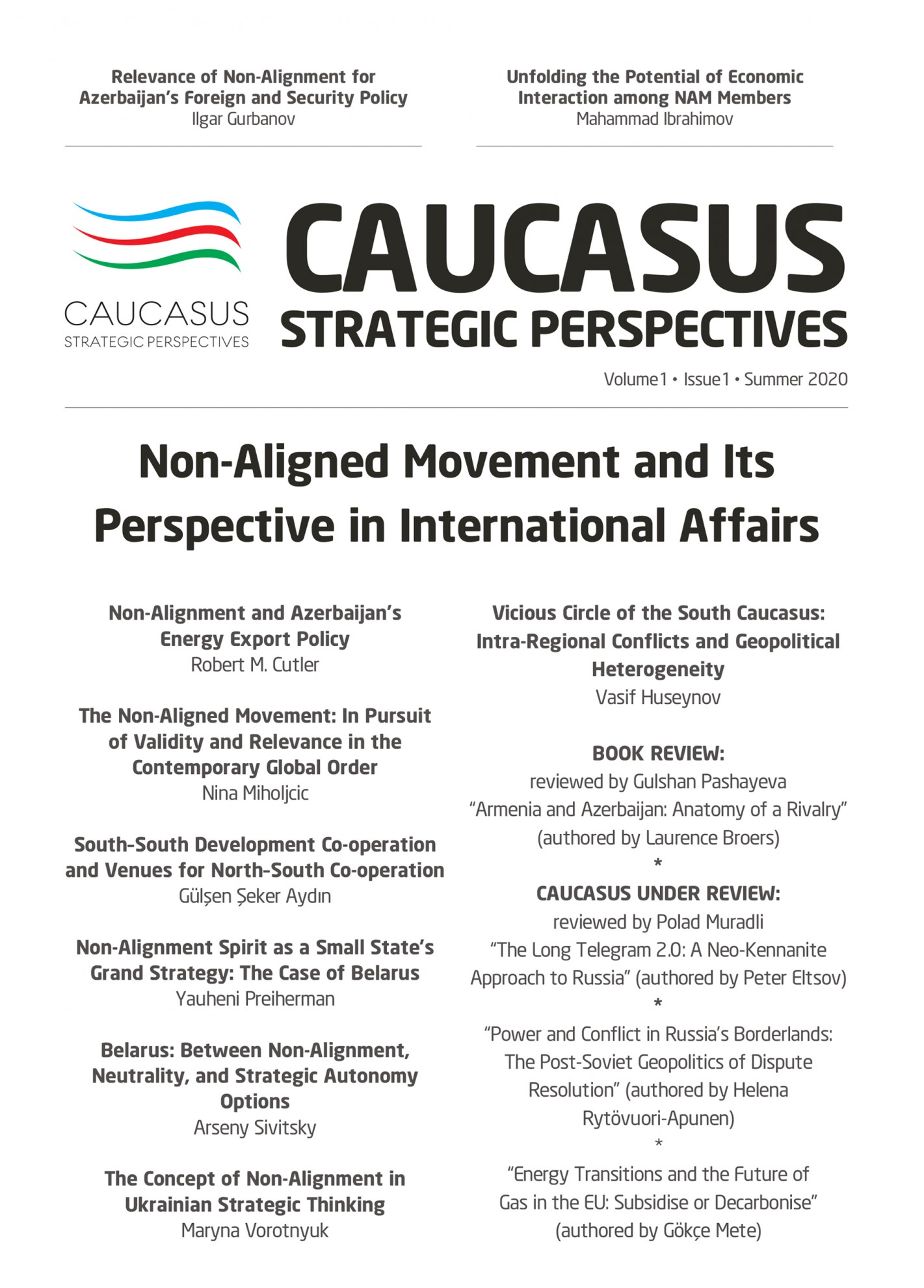The Concept of Non-Alignment in Ukrainian Strategic Thinking
This article showcases the relationship between Ukraine’s policies of Euro-Atlantic integration and the non-alignment (neutrality or the non-bloc status) concept in a historical perspective. Being interwoven in the fabric of public discussions about the state’s strategic orientation, both concepts have maintained their conflicting presence in the official discourse. The state’s official course has oscillated between the two in a pendulum swing under the gravity of concrete political circumstances,calculus and timing. Initially, neutrality was a reflection of the quest of the newly independent state to safeguard its statehood. Because there was clearly a gap between the ideas of collective security, of which Ukraine has sought to be a part,and neutrality, there was, from the mid-1990s, a pronounced shift towards Euro-Atlantic integration as Ukraine’s strategic goal. Later, non-bloc status was shown,on many occasions, to have been instrumentalized by the political class. It served as an escape strategy for a leadership disgruntled with the democratization pressure from the West or as an appeasement against Russian assertiveness. After the start of the Russian–Ukrainian war in 2014, the idea of neutrality lost its ground in the official discourse and was marginalized as it was seen as a product of Russian coercion.
Latest news
- 12/27/2024 Call for Submissions-Caucasus Strategic Perspectives, Volume 6, Issue 1, Summer 2025 667 views
Popular articles
- 07/18/2022 The Russia–Ukraine War: Perspective of Azerbaijan 4322 views
- 10/14/2020 The Non-Aligned Movement: In Pursuit of Validity and Relevance in the Contemporary Global Order 3307 views
- 10/14/2020 Vicious Circle of the South Caucasus: Intra-Regional Conflicts and Geopolitical Heterogeneity 3290 views
- 10/14/2020 Relevance of Non-Alignment for Azerbaijan’s Foreign and Security Policy 3019 views





